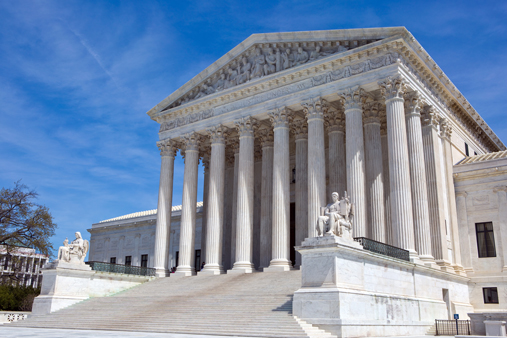The Food and Drug Administration (FDA) recently issued a final guidance for food manufacturers on the use of the term “evaporated cane juice” on food labeling. The guidance notes that “[i]n recent years the term ‘evaporated cane juice’ has appeared as an ingredient on food labels, most commonly to declare the presence of sweeteners derived from the fluid extract of sugar cane.” The purpose of the guidance is “to advise the regulated industry of our view that the term ‘evaporated cane juice’ is not the common or usual name of any type of sweetener and to assist manufacturers in appropriately labeling products that contain sweeteners derived from the fluid extract of sugar cane.”
After a general discussion of sweeteners derived from sugar cane and the process of manufacturing them, the guidance reiterates the FDA’s view that “evaporated cane juice” is not the common or usual name of any sweetener and “this ingredient should instead be declared on food labels as ‘sugar,’ preceded by one or more truthful, non-misleading descriptors if the manufacturer so chooses (e.g., ‘cane sugar’).”
The guidance notes that other health organizations have identified the use of “evaporated cane juice” as a way of hiding the presence of added sugars. The guidance cites a newsletter posted on the Department of Health and Human Services website which warns that “cane juice” is one of the ingredient names used to hide added sugar in beverages. Further, the Mayo Clinic website lists “cane juice” and “cane syrup” as forms of added sugar that consumers should cut back on for better health and nutrition.
The guidance concludes sweeteners derived from sugar cane should not be listed in the ingredient declaration by names such as “evaporated cane juice,” which the FDA states falsely suggests that the ingredients are made from or contain fruit or vegetable juice as defined in 21 CFR 120.1. Further, because sweeteners derived from sugar cane are not juice, they should not be included in the percentage juice declaration on the labels of beverages that are represented to contain fruit or vegetable juice.
A copy of the final guidance can be found here.
For more information, please contact the Barnes & Thornburg LLP attorney with whom you work or one of the following attorneys in the firm’s Food, Drug and Device Group: Lynn Tyler at (317) 231-7392 or lynn.tyler@btlaw.com; or Alicia Raines Barrs at (317) 231-7398 or alicia.rainesbarrs@btlaw.com.
Visit us online at www.btlaw.com/food-drug-and-device-law-practices.
© 2016 Barnes & Thornburg LLP. All Rights Reserved. This page, and all information on it, is proprietary and the property of Barnes & Thornburg LLP. It may not be reproduced, in any form, without the express written consent of Barnes & Thornburg LLP.
This Barnes & Thornburg LLP publication should not be construed as legal advice or legal opinion on any specific facts or circumstances. The contents are intended for general informational purposes only, and you are urged to consult your own lawyer on any specific legal questions you may have concerning your situation.
Visit us online at www.btlaw.com and follow us on Twitter @BTLawNews.









/Passle/6488d4630e7e25c9ac9f834a/MediaLibrary/Images/2024-07-18-19-15-33-047-669969d52008239f764a11af.png)


/Passle/6488d4630e7e25c9ac9f834a/SearchServiceImages/2024-07-17-15-17-44-967-6697e0980752df56d2441ada.jpg)
